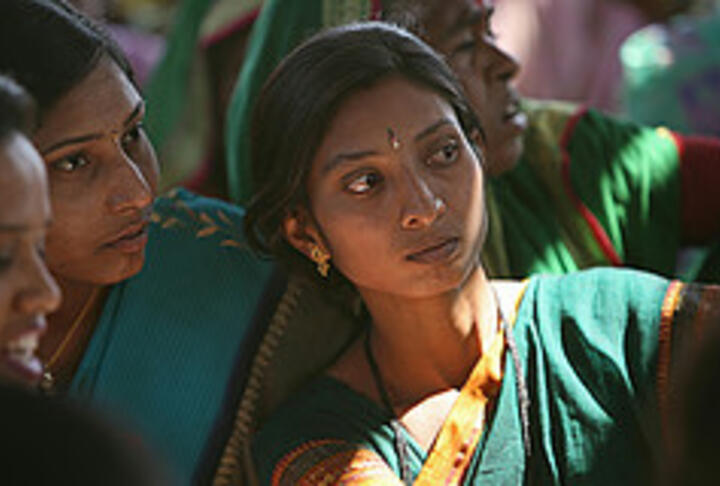The aggregate increase in per capita income of a country does not necessarily ensure poverty reduction, particularly in a developing economy like Bangladesh.
According to the World Bank data, the per capita income in the Dominican Republic between 2000 and 2010 increased 3.62 percent and the poverty indices rose 2.07 percent. In Egypt, the per capita income rose 2.84 percent and the poverty indices increased 3.81 percent in the same period.
As a result, in place of aggregate growth, inclusive growth of the economy is being contemplated as a main driving force for reducing poverty and income inequality in many developing economies. With this realisation, Bangladesh has set 'Accelerating growth, Empowering Citizens' as the core theme in its 7th five-year plan (FY2016-FY2020).
The ongoing five-year plan encapsulates a strategy for inclusive growth, which empowers people by creating employment opportunities, fostering the scope for greater women labour force participation and supporting skill development in response to market demand.









